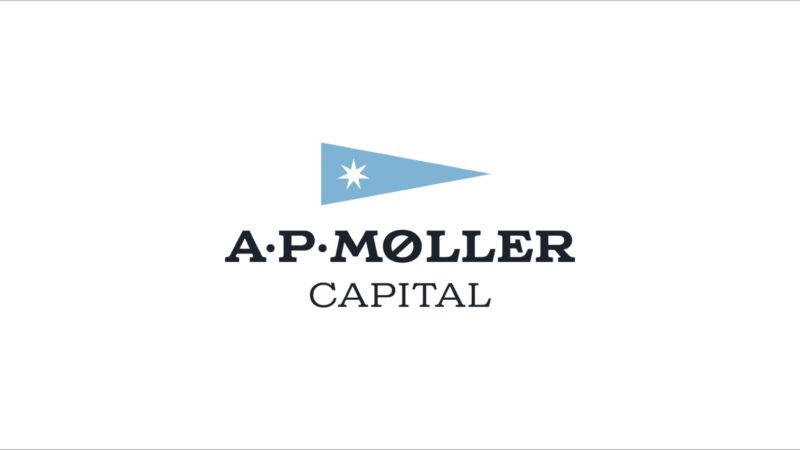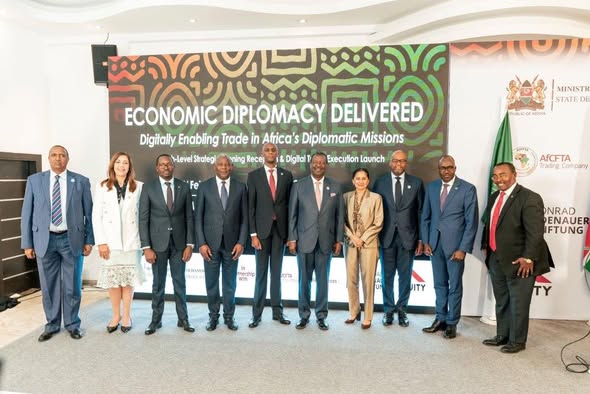SAAFF moves towards overall digitalisation of the supply chain for South African freight forwarders.

The introduction of the new generation digital FIATA Bill of Lading (FBL) has been confirmed and will be launched by the South African Association of Freight Forwarders (SAAFF) as a new standard to members and exporters for use across the Supply Chain in South Africa.
This development will positively impact supply chain efficiencies and South Africa’s competitive
position as a provider of world class logistics services, says Dr Juanita Maree, Chief Executive Officer of SAAFF.
South Africa hosted the Annual Rotational Presidency meeting of the International Federation of Freight Forwarders (FIATA), held in Cape Town earlier this month. The FIATA delegation, led by President Ivan Petrov had opportunity to delve deeply into the South African supply chain logistics sector during their visit, in consultation with industry leaders. Terry Gale, representing Exporters Western Cape and the Fresh Produce Exporters Forum (FPEF) welcomed the imminent introduction of the digital FBL.
Industry recognises the FBL as a proven, strong tracking platform that will add capacity and, increase security of cargo movement through the entire logistics process – a valuable development in a challenging trading environment.
In global terms, the Bill of Lading is recognised as the most important document used in the transportation of goods, FIATA’s Multimodal Transport Bill of Lading is seen as the benchmark; long-standing but in constant evolution, acknowledged by the International Chamber of commerce (ICC) as a document fully aligned to the UNCTAD/ICC Rules for Multimodal Transport.
The Digital revolution is particularly intense in the world of Logistics, this new generation FBL and tracking solution allows FIATA to protect against fraudulent manipulation and to promote a digital ecosystem of trust for transport and trade documents. It supports transparency and security across the supply chain and will help member companies accelerate their digitalisation efforts.
It is interesting to note that each document is recorded on an immutable ledger, verifiable at any time by legitimate stakeholders interacting with the document, which dramatically reduces fraud risk.
Stéphane Graber, FIATA Director General, said “South African Members of SAAFF will soon be able to benefit from this new service which will allow them to become digital freight forwarders. FIATA is leading the realm of digital security and identification. All 40,000 members of FIATA will use the same structure and standards. This will become the new standard. We also thank SAAFF for hosting the FIATA Presidency in Franschhoek and look forward to promoting the solution in South Africa.”
The tracking solution used by FIATA for the digital FBL is already implemented and used by banks, corporates, warehouses and inspection companies in multiple locations. Software providers worldwide make it accessible in 17 territories through FIATA Association members.
Dr Maree explained: “We are actively working towards overall digitalisation of our supply chain. The digital FBL has been eagerly awaited by exporters in South Africa as a tool with greater benefits for security and transparency. The digital FBL is an answer to the needs of the industry for improved access and exchange of trade documents. standardisation across different platforms is a major benefit. The use of cutting-edge blockchain technology ensures the FIATA digital FBL is secure and cannot be altered.”
The South African Association of Freight Forwarders (SAAFF)
SAAFF was formed in 1921 and is a national association with members throughout the Republic of South Africa. While it attends to matters of national interest, its constitution permitted regions to form chapters of the association, to deal with local issues.
The Association is a non-profit organisation governed by a constitution which provides for a board of directors, with a Chairperson and Vice Chairperson. Its directors are highly experienced, senior executives from member freight forwarding companies, who are nominated and voted for by these members. A CEO reports to the Board of Directors and manages and directs the association.
Freight forwarding plays an essential role in international trade and our members are dedicated to
facilitating this activity through their involvement in the management of transportation, customs clearing, documentation, third-party payments and many other elements of international supply chains. We call the freight forwarder the “architect of the supply chain”. Globalisation and the need to reduce cost and speed
up processing over the entire supply chain have re-focused the freight forwarder in ways that are innovative and functional.
About FIATA
FIATA International Federation of Freight Forwarders Associations is a non-governmental, membership based organisation representing freight forwarders in some 150 countries. FIATA’s membership is composed of 113 Association Members and more than 5,500 Individual Members, overall representing an industry of 40,000 freight forwarding and logistics firms worldwide. Based in Geneva, FIATA is ‘the global voice of freight logistics’.
.





